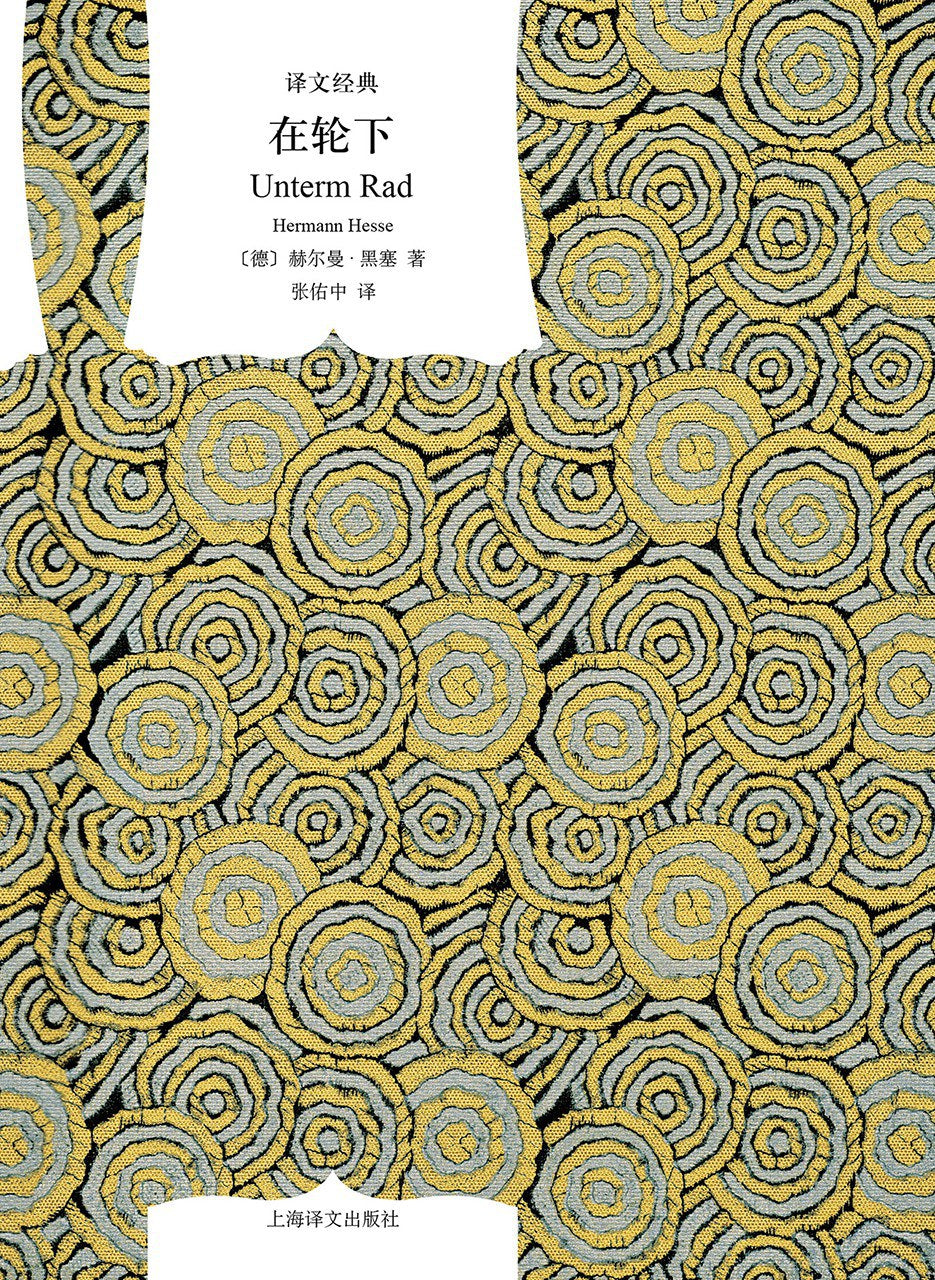WULOLIFE
《在轮下》 作者: [德] 赫尔曼·黑塞 译者: 张佑中 出版社: 上海译文出版社
《在轮下》 作者: [德] 赫尔曼·黑塞 译者: 张佑中 出版社: 上海译文出版社
Sale
Sold out
Regular price
€16,00 EUR
Regular price
Sale price
€16,00 EUR
Unit price
per
Shipping calculated at checkout.
Couldn't load pickup availability
Description
内容简介· · · · · ·
★“德国浪漫派最后一位骑士”
★ 诺贝尔文学奖得主黑塞自传式代表作
-
内容简介:
主人公汉斯自幼聪颖过人,勤奋好学,被大家视为神童。他被送入一个神学院学习,受大家庭和社会的影响,他功名心切,在与世隔绝的学校里拼命学习,没有半点空闲,身心健康受到损害。同学赫尔曼生性倔强,蔑视功名,为学尔曼才是知己。汉斯用功过度,身体衰弱,成绩倒退;学校把这些归罪于赫尔曼。赫尔曼被学校开除,汉斯更感孤单,不时受到老师的训斥和同学的耻笑,之后得了神经衰弱症,使他无法继续学业,只得返回家乡当钳工为生。社会的歧视和生活的失意使他觉得仿佛跌在无情而庞大的车轮下。
编辑推荐:
这是一部控诉德国旧的教育制度的小说,被认为有浓厚的自传色彩。汉斯由于学校的机械约束和家人的不理解而落入了悲剧的结局。这种夹杂了戏剧性冲突的对学校氛围的描写在这一时期的同类型小说中十分常见,并构成了我们如今所熟知的文化的一部分。
作者简介· · · · · ·
赫尔曼•黑塞(1877-1962)是20世纪欧洲最有影响的小说家之一,原籍德国,1923年他被称为德国浪漫派最后一位骑士,其代表作《荒原狼》(192 7)品具有遒劲的气势和洞察力,也为崇高的人道主义理想和高尚风格提供了一个范例”,获诺贝尔文学奖。
